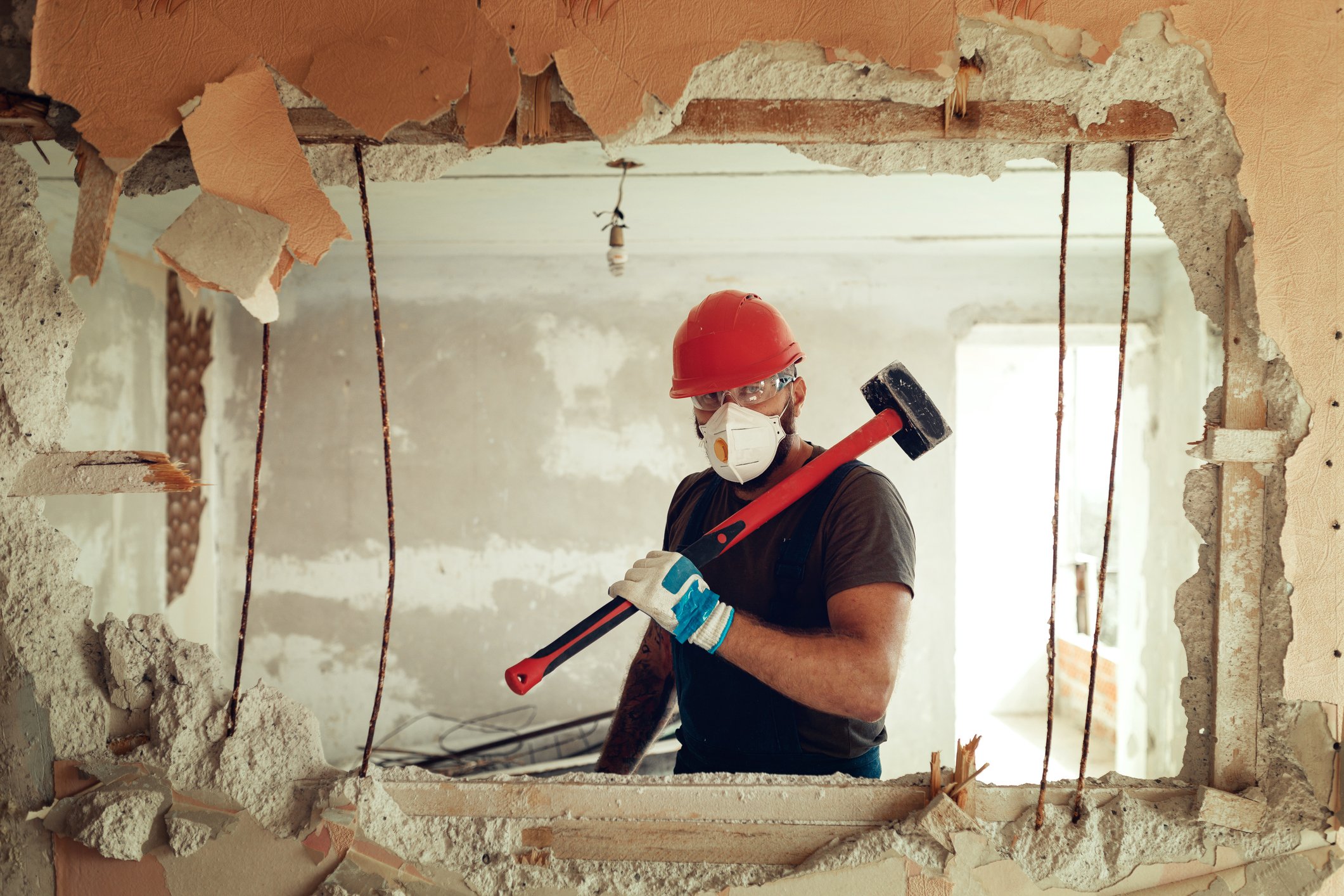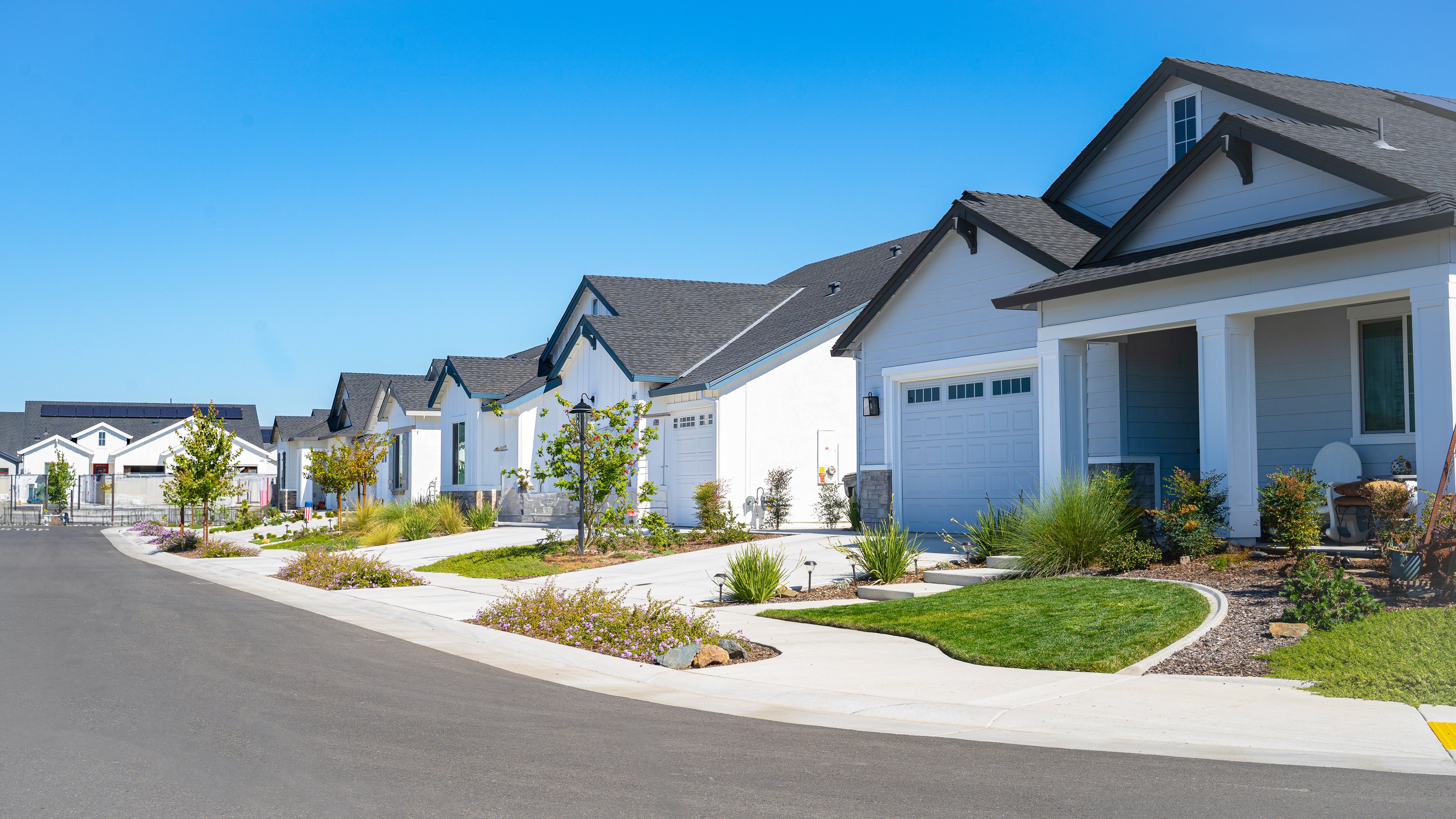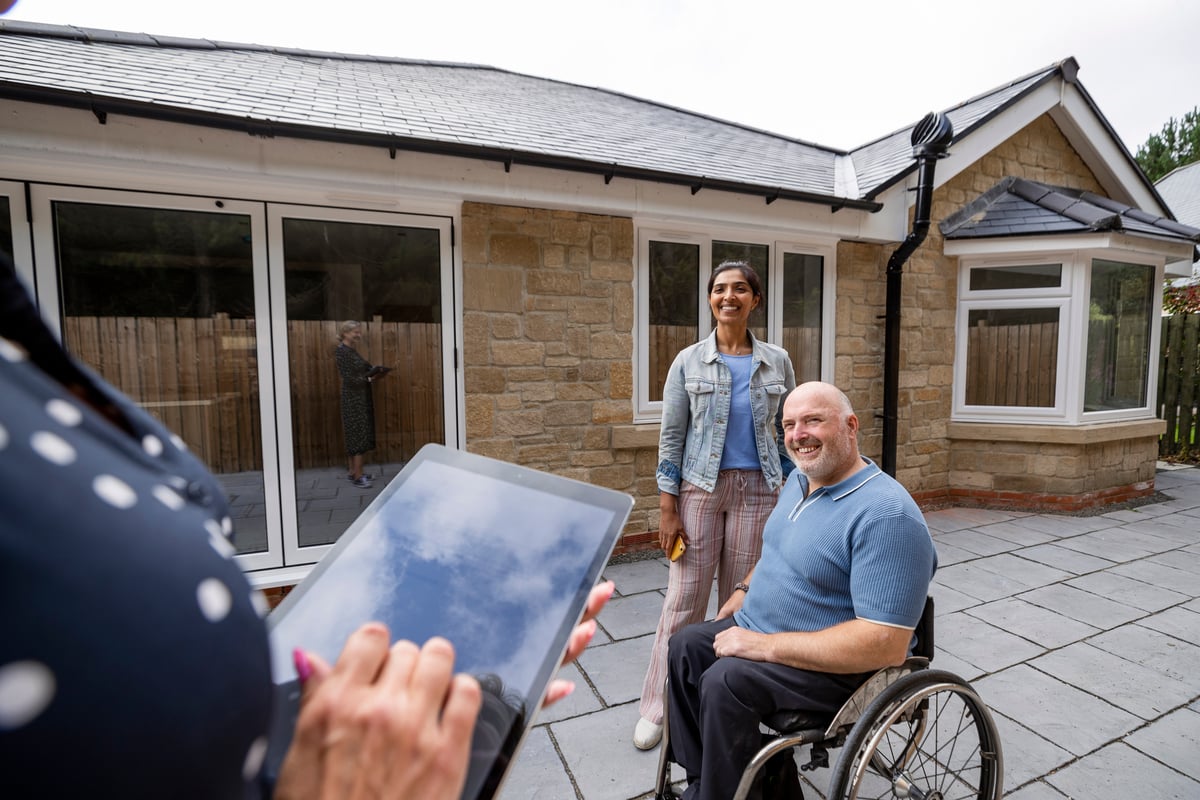It wasn't too long ago that Opendoor Technologies (OPEN 6.00%) was an extremely popular momentum stock, with a market cap of more than $20 billion at one point. The clear leader in the iBuying industry, Opendoor went public as part of the SPAC boom. In fact, the hype surrounding Opendoor's SPAC merger announcement in late 2020 is often credited with starting the surge in blank-check companies we saw in the pandemic years.
These days, it's a different story. Opendoor is trading firmly in penny stock territory, with a share price well below $1. The company has a market cap of about $413 million as of this writing, a minuscule valuation for a business with more than $5 billion in revenue over the past year. It's clear that investors don't have a lot of faith in the model right now.

Image source: Getty Images.
Opendoor's core business consists of directly buying homes from sellers, making repairs, and reselling them on the open market. And in recent years, conditions have been suboptimal for this model, to put it mildly. Not only did the surge in real estate prices that took place in 2020 and 2021 cool off, but rising interest rates caused the market to slow to a crawl, where it has remained. Plus, Opendoor pays interest on the homes it buys in the period between when it buys and sells, so the higher-rate environment has been disruptive to its cost structure as well.
Recently, Opendoor announced that it could seek to complete a reverse stock split within the next few months. While a reverse split is typically bad news for stocks, there is good reason to believe that Opendoor's business could improve significantly over the next year or two.
So, with the stock beaten down by about 94% from its initial valuation, is now a smart time to invest?

NASDAQ: OPEN
Key Data Points
Opendoor could complete a reverse split
First, a quick summary of the news. Opendoor announced that it will hold a special meeting on July 28, during which it will seek shareholder approval to complete a reverse stock split, with a ratio in the range of 1-for-10 and 1-for-50.
There's a practical reason for doing this. To be listed on the Nasdaq, a company's share price must generally remain over $1, and if it dips below that level for an extended period, it risks being delisted. Opendoor only joined the sub-$1 club a few months ago, but at this point, it would only be a matter of time before delisting procedures began.
The current state of Opendoor's business
To be sure, nothing fundamentally changes when a reverse (or forward) stock split is completed, other than the share count. So, let's take a quick look at how Opendoor's business is doing.
The latest results are a mixed bag. In the first quarter, Opendoor bought just over 3,600 homes, 4% more year over year, and sold 2,946 homes for a total of $1.2 billion, which was significantly higher than the company's own guidance range. And the company ended the first quarter with $2.4 billion in net inventory, about $560 million in unrestricted cash, and about $5.8 billion in borrowing capacity.
On the other hand, profitability is difficult, due to the slow real estate market (Opendoor is holding on to homes longer, on average) and the persistently high interest rate environment. Despite essentially flat revenue year over year, gross profit declined by 13%. Adjusted earnings before interest, taxes, depreciation, and amortization (EBITDA) loss did narrow a bit thanks to smart expense management, but the bottom line is that there's only so much management can do in a terrible real estate market.
Is the reverse split a reason to buy, or a reason to avoid?
The short answer is that it depends on how quickly Opendoor can turn things around with its business and start showing a sustainable path to profitability. In the second quarter, Opendoor's own guidance calls for a significant jump in revenue ($1.45 billion to $1.525 billion) and positive adjusted EBITDA, but with many investors (myself included), it's an "I'll believe it when I see it" situation.
I'm not saying I don't believe in Opendoor's leadership necessarily -- there are just a lot of macroeconomic and real estate market factors out of the company's control. Plus, looking beyond the second quarter, management anticipates revenue to be under pressure in the second half due to an intentional slowdown in acquisition volume.
The bottom line is that the reverse split news doesn't exactly imply "game over" for Opendoor. But the company is yet to show investors that the business can be sustainable over the long term. So before you invest at these low levels, be aware that it's likely to be a very binary outcome from this point, and the stock certainly could go to zero if the real estate environment continues to be slow.





